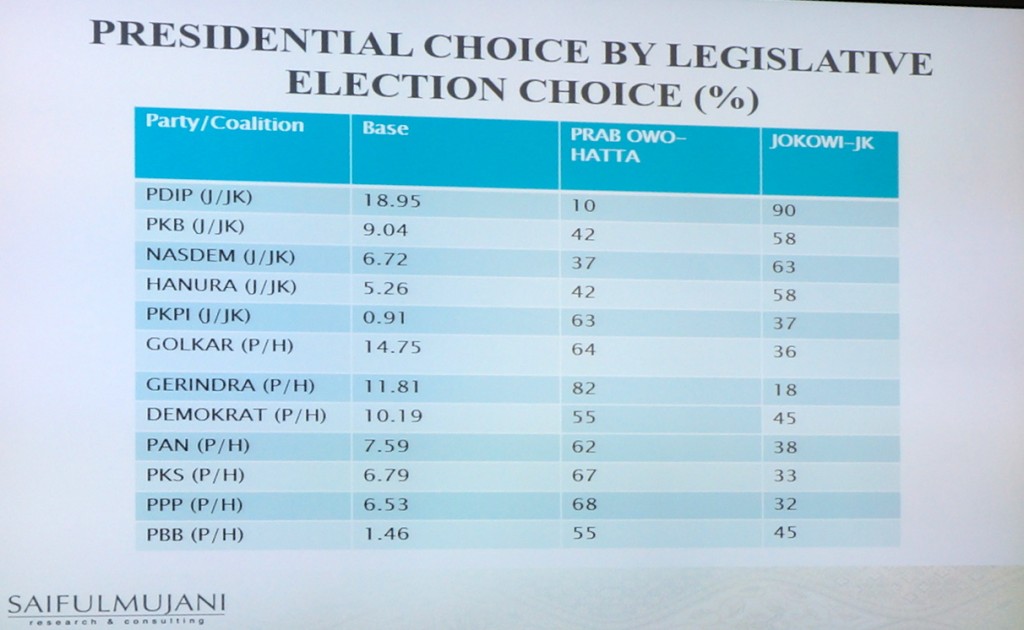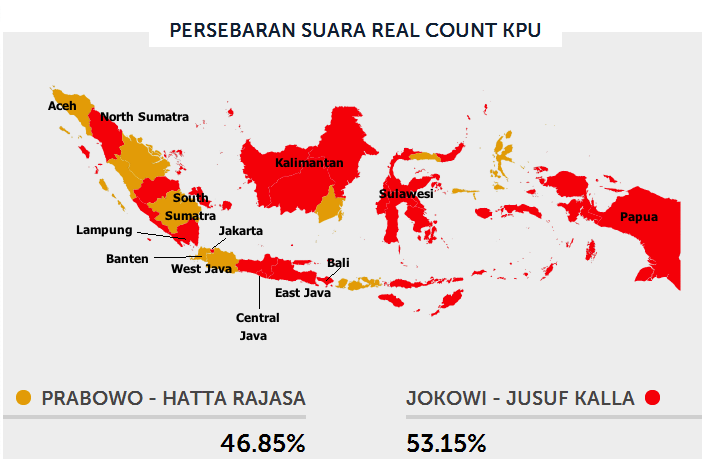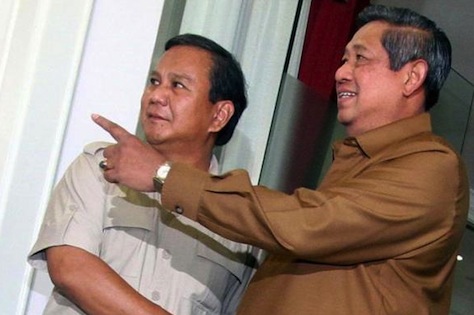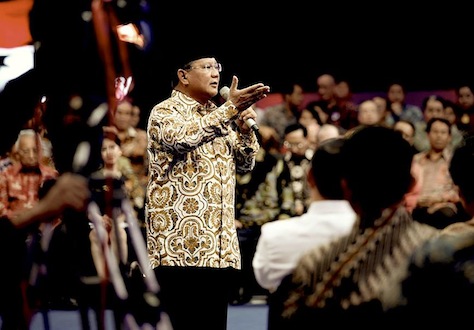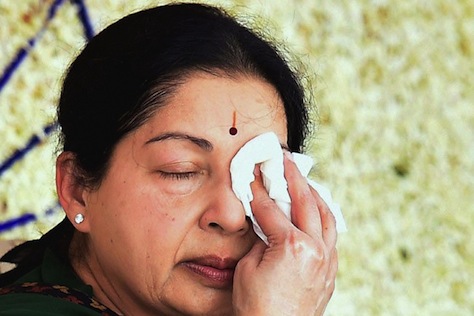 Photo credit to Malayalam Daily News.
Photo credit to Malayalam Daily News.
It says something about the strength of India’s democracy that a regional leader who controls the third-largest bloc of MPs in the Lok Sabha (लोक सभा), the lower house of the Indian parliament, and who has developed something of a personality cult as chief minister of her home state of Tamil Nadu, can fall from power broker to convicted felon in the blink of an eye.![]()
So it goes for Jayalalithaa (pictured above), a former star of Tamil cinema, who has towered over Tamil Nadu’s politics for the past three decades — she first served as chief minister from 1991 to 1996, again for four months in 2001, from 2002 to 2006 and, most recently, since May 2011 regional elections, when her party, the AIADMK (All India Anna Dravida Munnetra Kazhagam) won a landslide victory. She is known throughout the state as Amma, a Tamil word for ‘mother.’
With over 72 million people, Tamil Nadu is the sixth-most populous in India, and it has a population equivalent to Turkey’s. Its Tamil-speaking population also makes it unique among India’s states as a key cultural link with Sri Lanka, the island nation to India’s southeast.
In the most recent national elections in April and May 2014, her party won 37 out of 39 constituencies in the state of Tamil Nadu, a rare performance in withstanding the electoral wave that brought prime minister Narendra Modi’s Hindu nationalist Bharatiya Janata Party (the BJP, भारतीय जनता पार्टी) its biggest mandate, by far in Indian history.
But on Saturday, Jayalalithaa’s luck ran out when a Karnataka-based court sentenced her to a four-year jail term in a corruption case that resulted, suddenly, in her demotion from office. The court found Jayalalithaa guilty in a ‘disproportionate assets’ case, essentially convicting her for illegally obtaining up to 530 million rupees (around $8.7 million) in unexplained income. That forced her to step down immediately as chief minister and report to prison, though she’ll have an opportunity to appeal the verdict.
She is now the first sitting chief minister to be found guilty of corruption charges.
* * * * *
RELATED: Jayalalithaa, the Tamil actress-turned-strongwoman,
could play India’s kingmaker
* * * * *
If the conviction holds, it will be a rare victory for anti-corruption reformers in India. Among the strongest regional politicians, few are as powerful or as popular as Jayalalithaa. That give the case national importance. If the Indian judiciary can hold to account someone like Jayalalithaa, whose face plasters billboards, subsidized food halls and even bottled water in Tamil Nadu, no one in India can credibly believe that she (or he) is above the law. It’s a powerful precedent, and it’s a sign to global investors of the growing strength of Indian legal institutions.
Continue reading Jayalalithaa scrambles India’s southern regional politics

